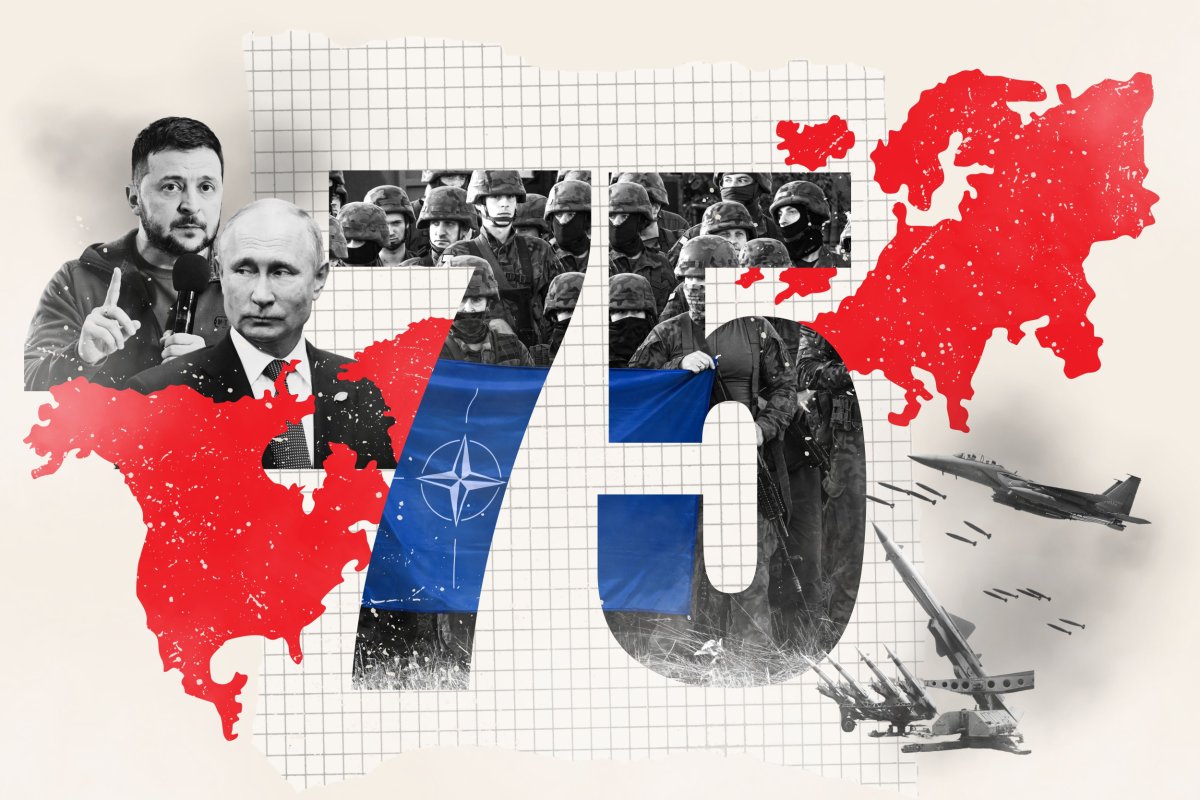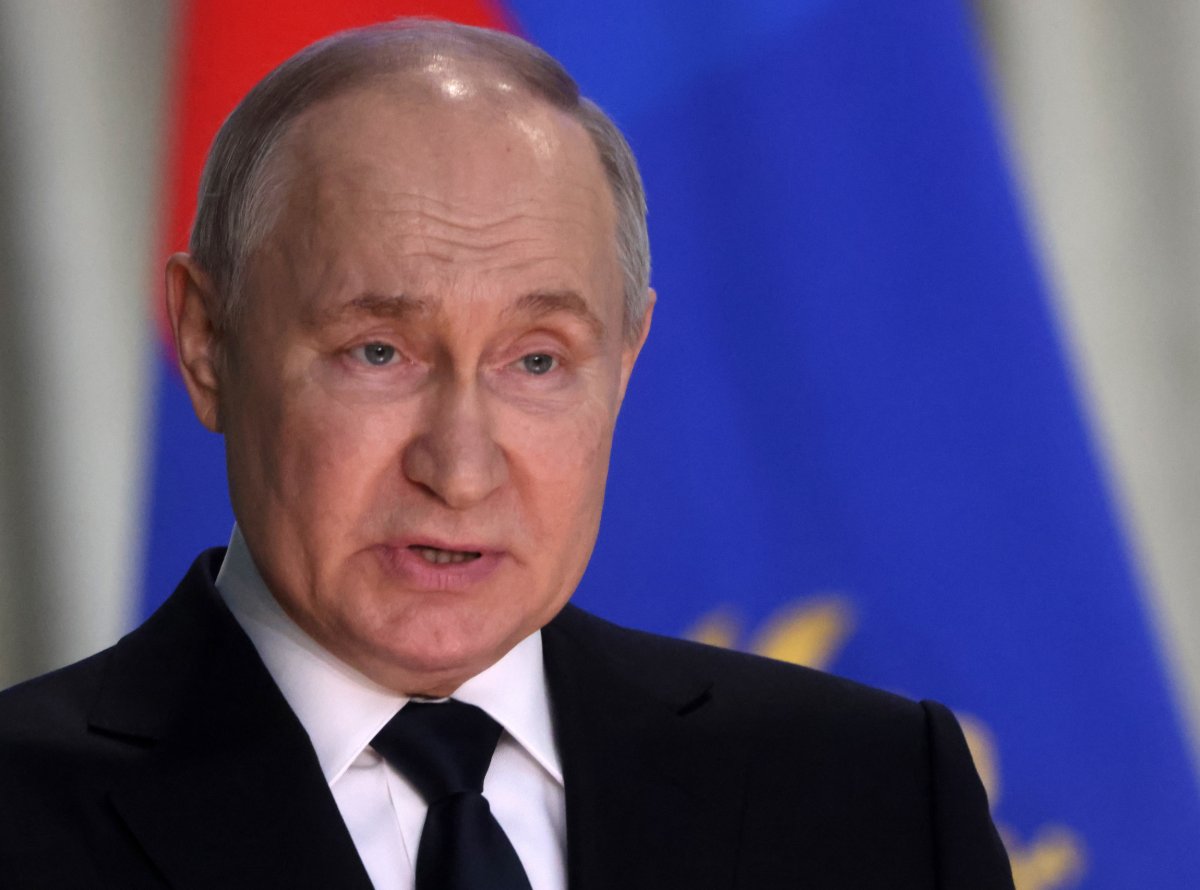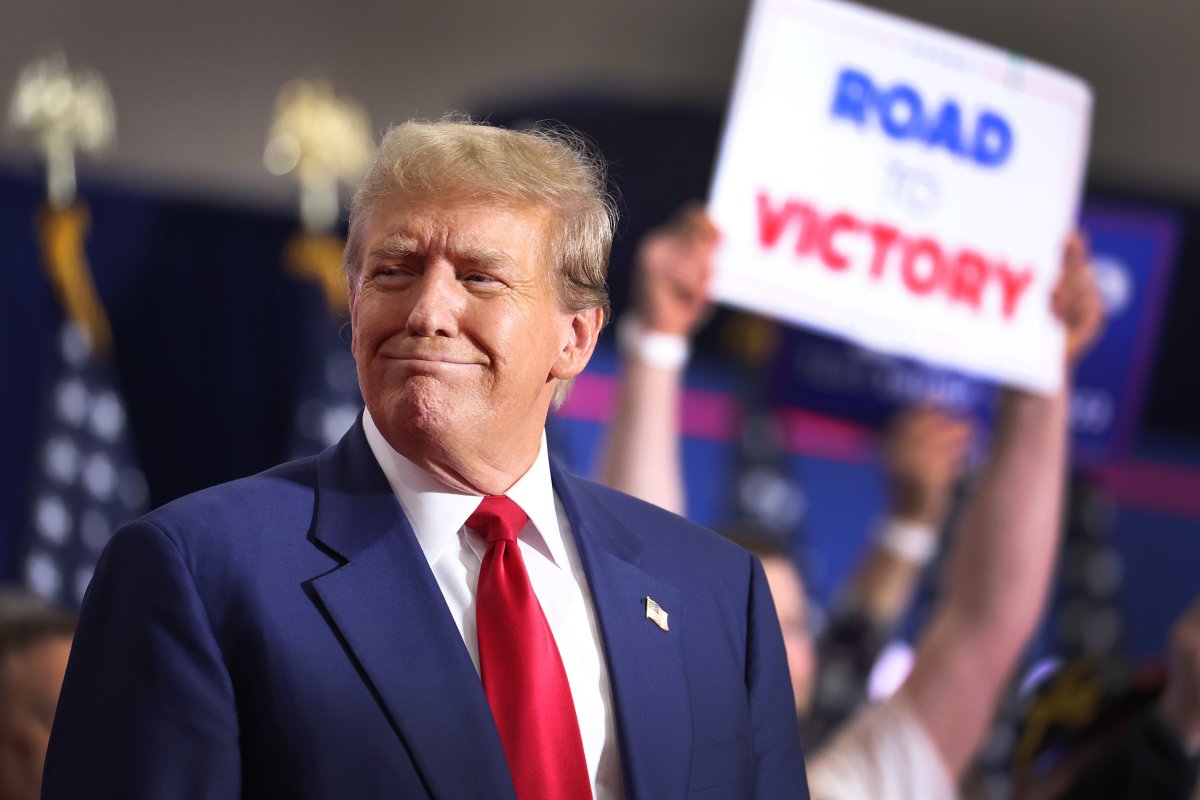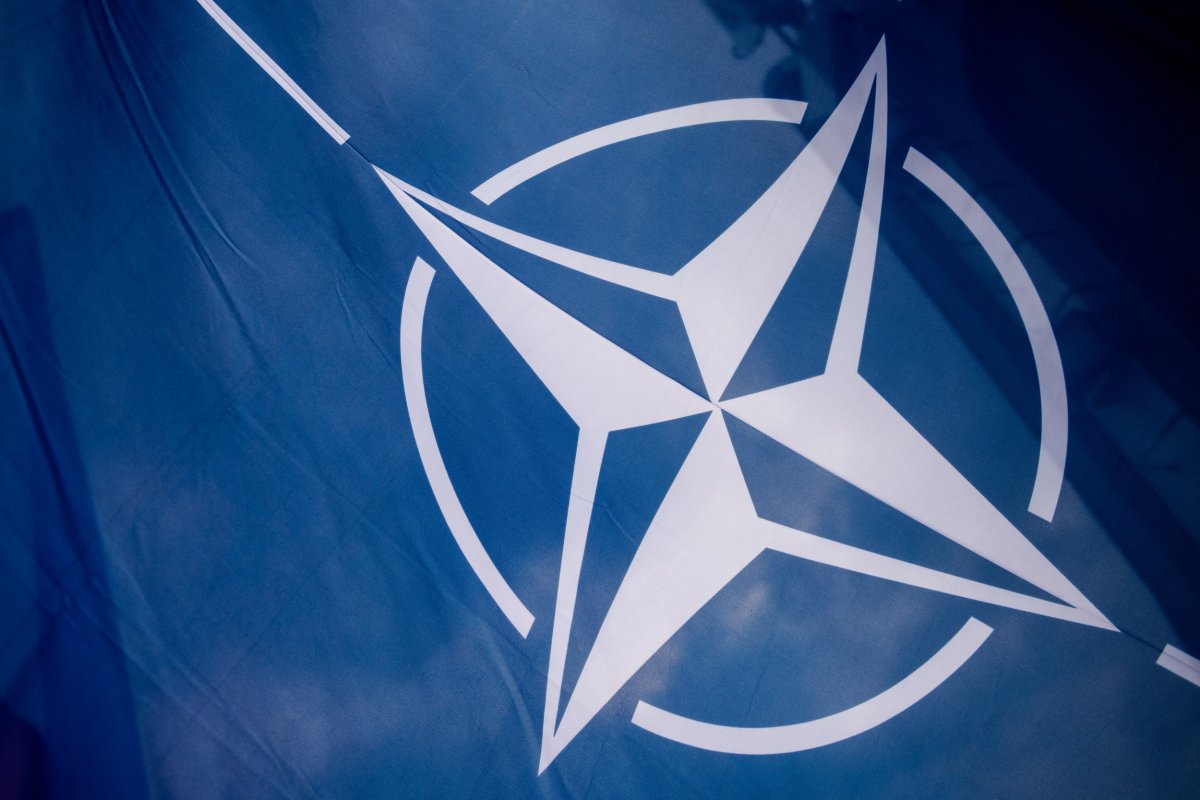The North Atlantic Treaty Organization (NATO) celebrated its 75th anniversary on Thursday.
Two scholars told Newsweek that the military alliance is stronger and more united than ever before, but also faces "real questions" about its future with uncertainties from the ongoing Russia-Ukraine war and this year's U.S. presidential election.
NATO was created in the wake of World War II on April 4, 1949, in an attempt to strengthen the security of member states, while also to combat aggression from Russia, which was the Union of Soviet Socialist Republics (USSR) at the time.
The founding member states of NATO were Belgium, Canada, Denmark, France, Iceland, Italy, Luxembourg, the Netherlands, Norway, Portugal, the United Kingdom and the United States. NATO currently has 32 members states, 30 of which are European countries, with the recent additions of Sweden and Finland.

Timothy Sayle, an associate professor of History and Director of the International Relations Program at the Munk School of Global Affairs and Public Policy in Canada's Toronto, Ontario and author of Enduring Alliance: A History of NATO and the Postwar Global Order, told Newsweek in a video interview: "NATO is in a very strong place today and that is because the allies are worried because they believe Russia poses a threat to their security."
"Allies are paying more money for defense than they were before. They're moving troops to NATO's eastern front. They're reminding their publics about the importance of NATO. And of course, we've seen NATO grow by adding new allies."
Sergey Radchenko, the Wilson E. Schmidt Distinguished Professor at the Johns Hopkins School of Advanced International Studies (SAIS) Europe in Bologna, Italy, and Cold War expert, told Newsweek via telephone, "What really saved NATO every time was a Russian propensity to commit aggression, which would bring the member states back together. The most vivid example of that is where we find ourselves today because NATO now is quite united."
Newsweek reached out to NATO via online form for comment.
Will America Defend Its Allies?
In February 2022, Russia launched its full-scale invasion of Ukraine. As the war rages on, there have been growing fears that Russian President Vladimir Putin, who has been Moscow's leader for over two decades, will invade the Baltic states or Poland—which are all members of NATO—prompting a response from the military alliance. However, Putin has said that Moscow has "no interest" in fighting with members of NATO.
"The big question is to what extent Russia is going to test NATO's credibility," Radchenko said. "Suppose they decided to invade the Baltic states or even attack Poland, then some serious questions would arise for the allies...to what extent will the Americans be willing to risk a nuclear confrontation with Russia for the sake of let's say Poland."
Sayle warned that the outcome of this year's presidential election could shape global security.
"NATO has survived for so long because president after president has championed the alliance and the president is the most important person in determining NATO's future," Sayle said.
He continued: "So this does raise real questions about whether NATO will survive, and if the United States elects a president who decides to withdraw from NATO, then that will lead to a scramble by the European powers to try and find a new way of organizing their security and whether that means NATO carrying on just simply without the United States or the need for a whole new form of organizing security. I think it's probably the latter."

Will a Trump Presidency Bring the Collapse of NATO?
Former President Donald Trump, the presumed 2024 Republican presidential nominee, made headlines this past February after telling a crowd at a South Carolina campaign rally that he would "encourage" Putin to invade NATO countries.
Reciting an anecdote from his time as president, Trump told his supporters: "I said everybody's gonna pay. They said, 'Well if we don't pay are you still going to protect us?' I said, 'Absolutely not.' They couldn't believe the answer. You've never saw more money pour in.
"They asked me that question, one of the presidents of a big country, stood up, said, 'Well sir, if we don't pay and we're attacked by Russia, will you protect us?' I said, 'You didn't pay, you're delinquent?' He said, 'yes.' Let's say that happened. No, I would not protect you, in fact, I would encourage them to do whatever the hell they want."
Trump has criticized other NATO countries for not paying their fair share in dues. Each member state contributes to the military alliance's common funds. The amount that a member puts in is based on its Gross National Income.

President Joe Biden, the Democratic incumbent who has been a strong ally to Ukrainian President Volodymyr Zelensky, said in reaction to Trump's comments: "Can you imagine? A former president of the United States saying that. The whole world heard it, and the worst thing is he means it."
He continued: "No other president in history has ever bowed down to a Russian dictator. Let me say this as clearly as I can: I never will."
Sayle said Trump's comments are "dangerous rhetoric, especially if it's interpreted by the Russians or others, or even, in fact, the European allies as genuine."
He added: "And especially if there is an election in which President Trump becomes president for a second time, then it's dangerous in the sense that we could have a Russian miscalculation and Russia could take an action that then President Trump might actually feel he does need to respond to in a way he didn't expect."
However, Sayle said that if Trump wins the election in November and "continues to take a hard line against NATO, it doesn't guarantee one particular future.
"It could involve a future that's very dangerous with the collapse of NATO. It could also result in something similar to his first term where his actions did cause NATO allies to take notice and think about how they were speaking about the alliance and what they were contributing," he said.
America Becoming Isolationist
Sayle and Radchenko also warned about the dangers of the U.S. becoming more isolationist.
According to a 2023 survey conducted by the Chicago Council on Global Affairs, 57 percent of Americans believe the U.S. should play an active role in world affairs. Meanwhile, 42 percent think America should stay out of world affairs.
The Chicago Council noted a steady decline in Americans' thoughts on U.S. involvement in foreign affairs. In 2018, 70 percent of Americans favored an active role in world affairs.
Radchenko told Newsweek: "The United States in the past has fallen into isolationism on occasion. It's all too easy to do. Unfortunately, today, this kind of isolationism is unlikely to work. I mean, it never worked before...isolationism is probably not the answer.
"But I think there is a real danger there because some Republicans will look at the situation and think, well, you know, can we live with Ukraine being under Russian occupation. Why not?"
He continued: "I think some Republican policy makers are asking this question, what's in it for us? What's in it for the United States? And you really have to have a more enlightened interpretation of American interests.

"This notion that European security is essential for the preservation of a world order where the United States is at the top...I think if you take this enlightened interpretation, then you will see that America has to remain committed to NATO."
Biden and members of Congress have been pushing for a $95.34 billion foreign funding package passed by the Senate in February, which includes $61 billion for Ukraine. However, it has been stalled in the House, with Republicans pushing against additional aid to Ukraine.
House Speaker Mike Johnson did signal over the past several days that he is looking at other options besides the $95.34 billion aid package to get more aid to Ukraine, including a bill that would seize Russian assets and use the money to help Ukraine or to give aid to Ukraine as a kind of loan, which Trump floated during his South Carolina speech in February.
Meanwhile, Sayle told Newsweek that if the U.S. were to leave or challenge NATO, it would have "enormous knock-on effects for European security and for international security."
"I would argue that the United States' job in the world would be much more complicated if it also had to deal with trying to reorganize European security in a way that suited its interests when there are so many other hotspots around the world," he said.
However, Sayle did note that "it's possible to imagine a future of international relations without NATO. But it would be in the United States interest to really figure out a plan for that new world without NATO, rather than just to think that subtracting NATO from the equation will easily equate to a peaceful world for the United States. I simply don't think that it will and that's a very difficult situation to be in."
Uncommon Knowledge
Newsweek is committed to challenging conventional wisdom and finding connections in the search for common ground.
Newsweek is committed to challenging conventional wisdom and finding connections in the search for common ground.
About the writer
Rachel Dobkin is a Newsweek reporter based in New York. Her focus is reporting on politics. Rachel joined Newsweek in ... Read more
To read how Newsweek uses AI as a newsroom tool, Click here.








